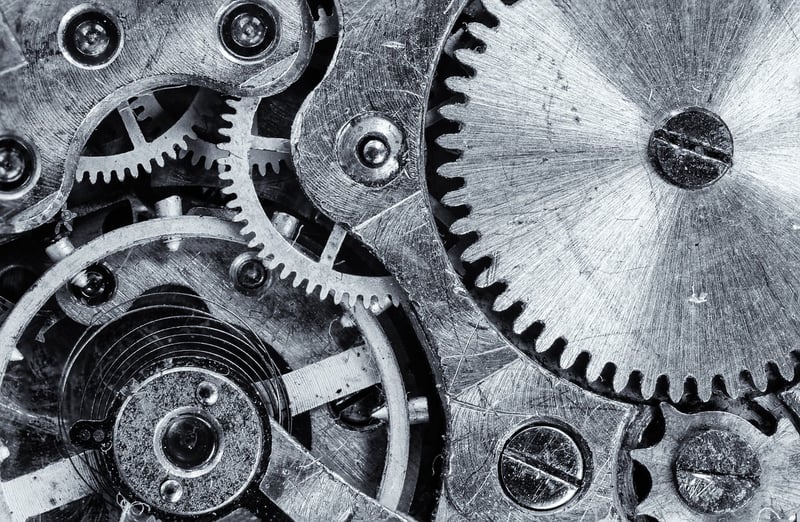Ethical Considerations
The Ethics of Time Travel: Exploring Ethical Considerations
Time travel has long been a captivating concept in science fiction, allowing for intriguing narratives and thought-provoking dilemmas. However, beyond the realm of fiction, the ethics of time travel raise complex questions that challenge our moral frameworks and understanding of causality. Let's delve into some of the ethical considerations that arise when contemplating the possibility of traversing through time.
1. Altering the Past
One of the most significant ethical dilemmas of time travel is the potential to alter the course of history. Intervening in past events could have unforeseen consequences, leading to a chain reaction of changes that could disrupt the present and future. Should individuals have the right to manipulate the past for their benefit, knowing the implications it may have on others?
2. Responsibility and Accountability
If time travel were to become a reality, who would bear the responsibility for ensuring ethical use? Should there be regulations and oversight governing time travel to prevent misuse or exploitation? The ethical implications of holding individuals or organizations accountable for their actions across different temporal periods raise complex legal and moral questions.
3. Paradoxes and Causality
The concept of time travel often involves paradoxes such as the grandfather paradox, where an individual travels back in time and inadvertently prevents their own existence. How do we reconcile such paradoxes with our understanding of causality and the moral implications of altering past events to potentially negate one's own existence or influence future outcomes?
4. Informed Consent and Autonomy
When considering time travel, issues of informed consent and autonomy come to the forefront. If individuals were to be transported through time, would they have the agency to make decisions about their involvement in historical events? How do we ensure that individuals' rights and autonomy are respected in scenarios where time travelers interact with past societies?
5. Preservation of Cultural Integrity
Time travel raises concerns about the preservation of cultural integrity and historical authenticity. Visiting past civilizations or historical moments could impact the natural evolution of cultures and societies, potentially erasing unique identities or altering significant events. How do we balance the exploration of history with the preservation of cultural heritage?
Exploring the ethics of time travel requires us to confront fundamental questions about agency, responsibility, and the interconnectedness of past, present, and future. While the concept of time travel remains speculative, reflecting on these ethical considerations can deepen our understanding of moral decision-making and the implications of altering the fabric of time.

For further reading on the ethics of time travel, you may be interested in Time Travel from the Stanford Encyclopedia of Philosophy.
